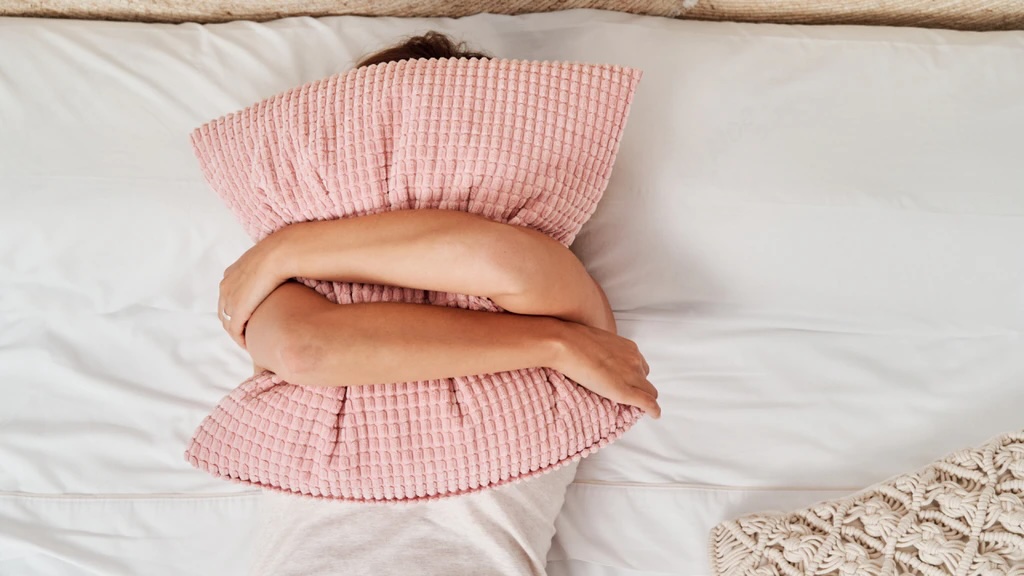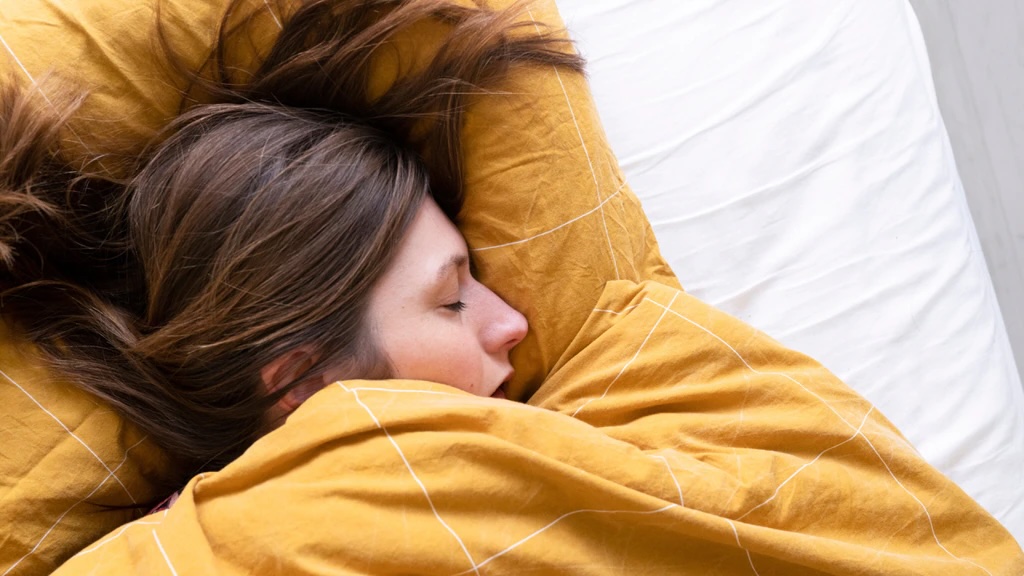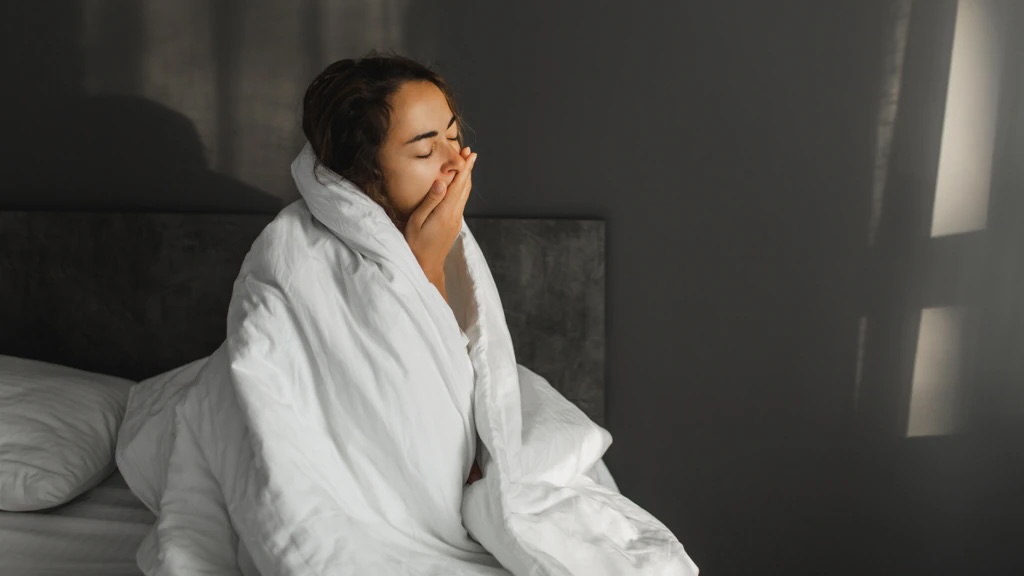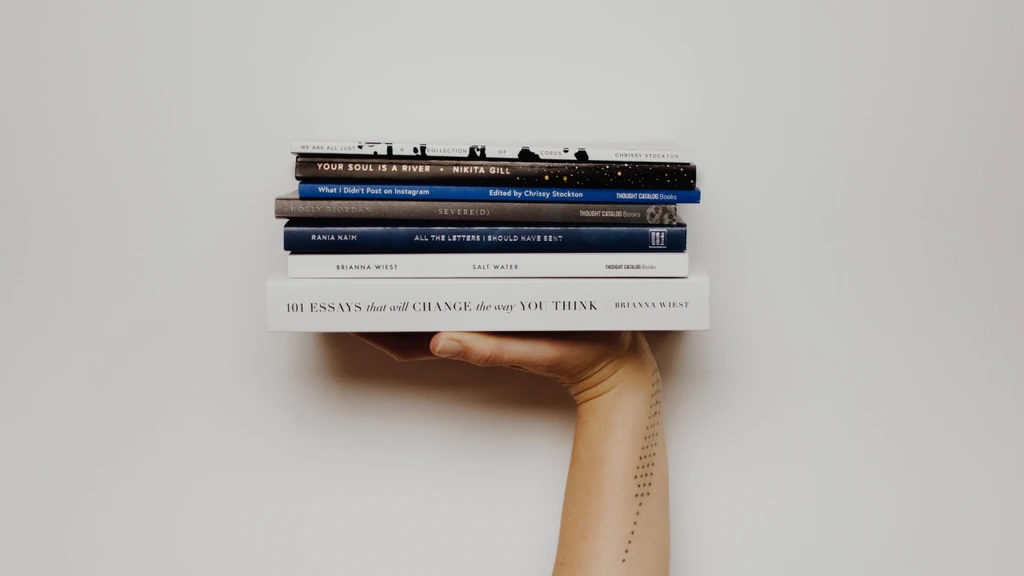
People write off fatigue with the excuse of a busy life. Image: Getty
Sleep expert Olivia Arezzolo explains what happens to our body when we’re sleep deprived – and how best to catch up on lost sleep.
You’ve had barely a wink of sleep all week – maybe you’ve been away on a trip, had a looming deadline or just felt super anxious.
Fortunately, the weekend has arrived and you’re no doubt looking forward to a sleep-in to catch up on all the sleep you lost through the week.
While this is completely reasonable, and it will help you feel your bright, energetic self again; I’ll be frank: you actually can’t ever completely catch up on sleep – and here is why.
Problem #1: effects of sleep deprivation begin after one night, not several nights
First and foremost, lack of sleep impairs your physical, mental and cognitive health after just one night of insufficient sleep – not multiple nights. Specifically, academic evidence indicates there is a 28 per cent decline in natural killer cells, immune agents which hunt and destroy invading pathogens.
Similarly, a clinical trial has found cortisol, a stress hormone to make us feel anxious, can increase by 37 per cent after again, just one night of inadequate sleep. Third, scientific research shows beta-amyloid, a neurotoxin to contribute to brain fog and memory loss, can increase by 30 per cent, again, after just one night without sleep. Yikes.

It takes longer to recover from a bad sleep than you realise. Image: Getty
Problem #2: even when you ‘catch up’, you don’t fully restore functioning back to normal for weeks – if at all
A 2010 study found even 10 hours of recovery sleep; attention, sleepiness, reaction times, and fatigue were all worse compared to the norm. Quantifiably, this study deprived individuals of four hours of sleep per night for five nights in a row, which is something probably quite familiar to many.
Similarly, another study found after an entire week of recovery sleep doesn’t return you to optimal operating level, and most cognitive domains are still impaired. Assessing the impact of 10 nights of insufficient sleep – reducing sleep time by 30 per cent – the evidence indicated even after the week of recovery sleep, accuracy and overall performance were still compromised. Though there was a restoration of reaction time, if it’s inaccurate, is this really that helpful? Probably not.
Lastly, a third research paper reported that when you cut down your sleep to five hours, but get a normal amount of sleep on the weekend, you still showed signs of impairment – especially with respect to metabolism. Specifically, the individuals in the study exhibited physiological effects of lack of sleep such as reduced energy expenditure, increased weight, additional calorie intake after dinner, and detrimental impacts upon insulin – even after recovery sleep.

An entire week of recovery sleep doesn’t return you to optimal operating levels. Image: Getty
Problem #3: it takes longer to recover than you realise
If that wasn’t enough, another issue here is that it’s much harder to ‘repay’ sleep debt than you probably realise – a clinical trial found it takes four days to recover from just one hour of inadequate sleep, and nine days to recover from ongoing lack of sleep.
Despite the sleep-deprived individuals thinking they had returned to the norm – objectively, they had not. Akin to the previous study, they were still showing signs of sleep deprivation – such as daytime sleepiness, an elevation in the stress hormone cortisol, and abnormalities in their metabolic hormones such as thyroid and insulin.
So, should you try and make up for lost sleep, or not bother?
Despite this research, I am still an advocate for ‘repaying’ your sleep debt – though it doesn’t technically return your functioning to its best, the majority of these studies found that recovery sleep helped individuals feel better.

Try reading before bed instead of scrolling social media. Image: Unsplash
What is the best way to catch up on lost sleep?
1. Head to bed earlier. This will help ensure your wake time remains the same, which is especially important come Monday. As melatonin operates on a 24-hour cycle, if you sleep in over the weekend, it’s likely that this sleepiness hormone will be higher than normal on Monday morning too – leaving you fatigued and foggy.
2. Take a daytime nap. Keep it short (less than 30 minutes), keep it dark (wear an eyemask) and keep it early (finish before 3:30 pm). The only caveat to this is if you are extremely sleep deprived – e.g. less than four or five hours, you can try a 90-minute nap instead – but not between. 90 minutes will allow your body to move through a full sleep cycle, leaving you alert upon waking. If you wake between 30 and 90 minutes, it’s likely you’ll wake in the middle of a deep sleep cycle, and feel extremely fatigued.
3. Practice a quality bedtime routine. Get your sleep back on track by following my signature bedtime routine: wear blue light-blocking glasses two hours before bed, use lavender, disconnect from tech one hour before bed, take a shower, use a magnesium-based sleep supplement, read for 20 minutes and wear an eye mask.
Originally featured on Body and Soul
+ show Comments
- Hide Comments
add a comment